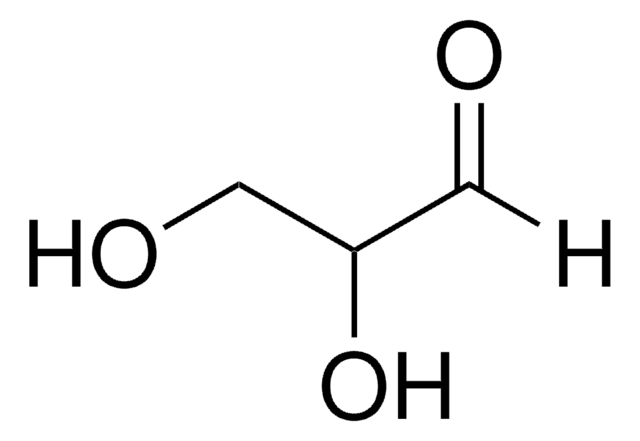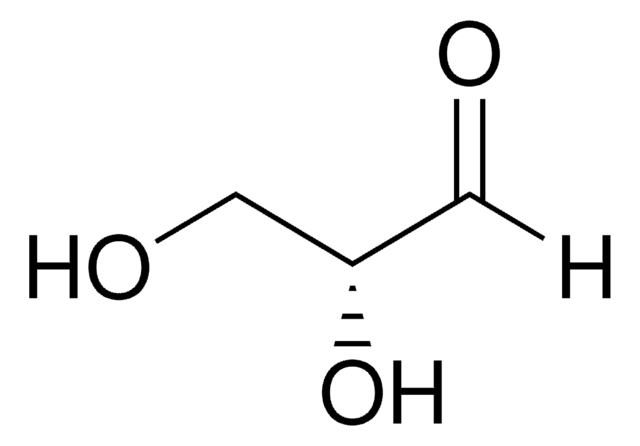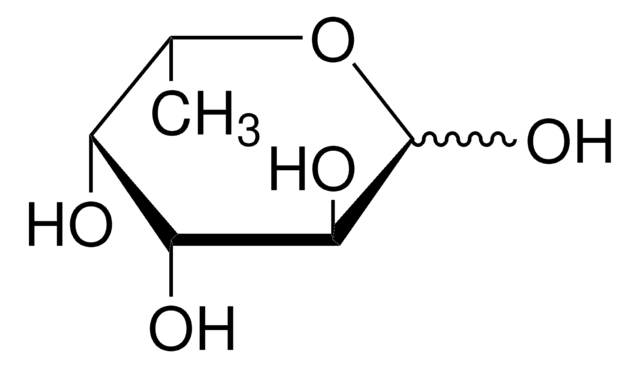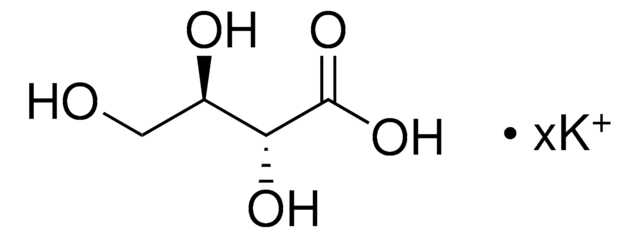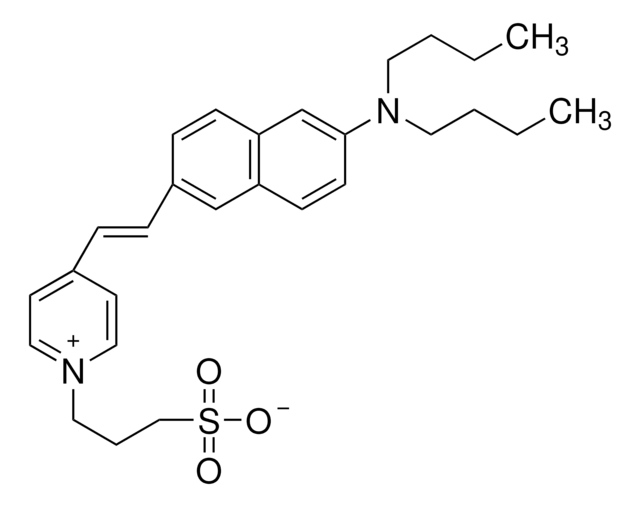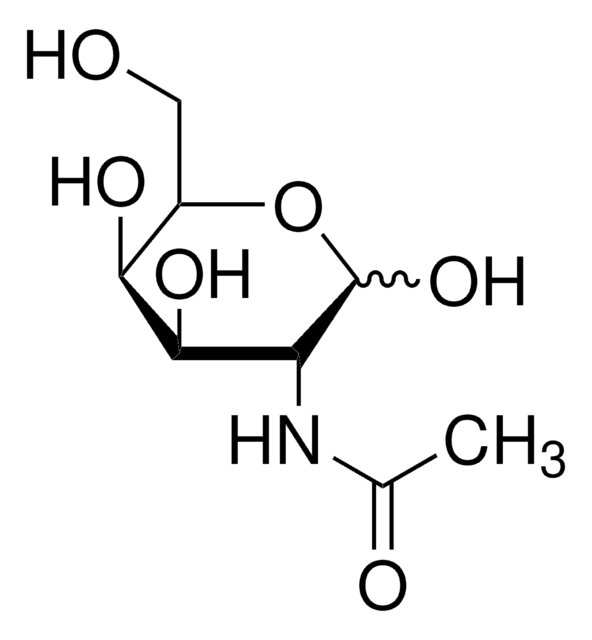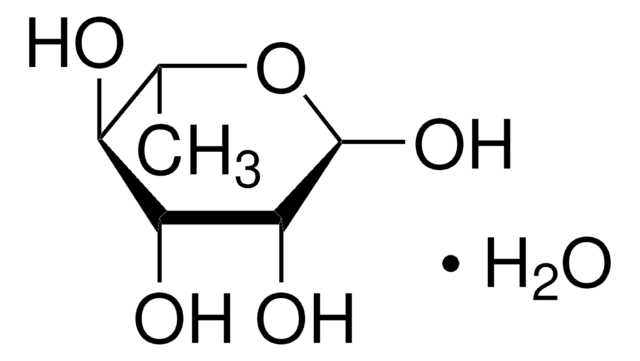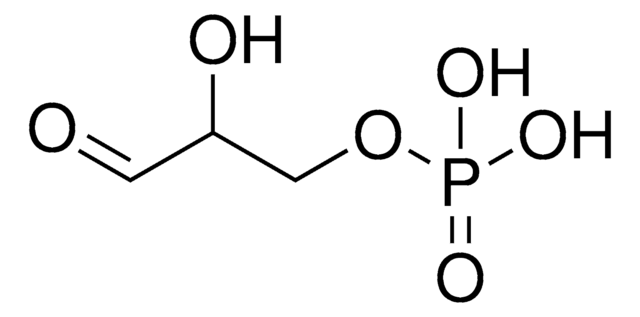E7625
D-(−)-Erythrose
≥75% (TLC), syrup
Synonym(s):
(2R,3R)-2,3,4-trihydroxybutanal
About This Item
Recommended Products
Quality Level
assay
≥75% (TLC)
form
syrup
color
colorless to very dark yellow
storage temp.
2-8°C
SMILES string
[H]C(=O)[C@H](O)[C@H](O)CO
InChI
1S/C4H8O4/c5-1-3(7)4(8)2-6/h1,3-4,6-8H,2H2/t3-,4+/m0/s1
InChI key
YTBSYETUWUMLBZ-IUYQGCFVSA-N
Looking for similar products? Visit Product Comparison Guide
Application
Other Notes
Storage Class
10 - Combustible liquids
wgk_germany
WGK 3
flash_point_f
Not applicable
flash_point_c
Not applicable
ppe
Eyeshields, Gloves
Certificates of Analysis (COA)
Search for Certificates of Analysis (COA) by entering the products Lot/Batch Number. Lot and Batch Numbers can be found on a product’s label following the words ‘Lot’ or ‘Batch’.
Already Own This Product?
Find documentation for the products that you have recently purchased in the Document Library.
Our team of scientists has experience in all areas of research including Life Science, Material Science, Chemical Synthesis, Chromatography, Analytical and many others.
Contact Technical Service
